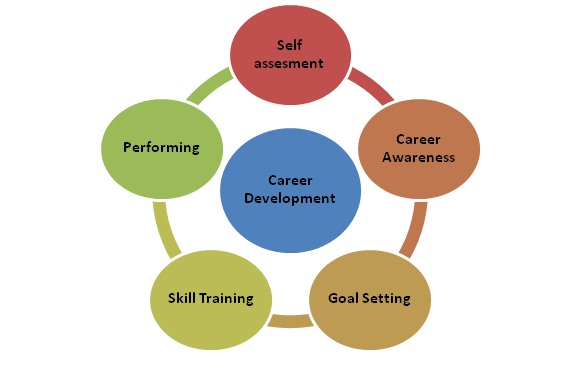Blitz News Digest
Stay updated with the latest trends and insights.
Climbing the Corporate Ladder Without Losing Your Grip
Master the art of career advancement while keeping your sanity! Discover essential tips to climb the corporate ladder with confidence.
Strategies for Navigating Office Politics While Staying True to Yourself
Navigating office politics can be a daunting task, especially when the environment is rife with competition and conflicting interests. One effective strategy is to maintain clear and open communication with colleagues while being mindful of your own values. By establishing strong relationships based on trust and mutual respect, you not only strengthen your network but also create a supportive atmosphere that encourages collaboration. Additionally, practice active listening—this means making a conscious effort to understand others' perspectives, which can help you find common ground even when disagreements arise.
Another important tactic for managing office politics is to set personal boundaries that reflect who you are. This means being assertive about your needs while remaining respectful and considerate of others. It's essential to stay true to your principles, even in challenging situations; this will help you maintain your integrity and build a positive reputation. Remember to celebrate the successes of your peers and foster a culture of appreciation. Such gestures not only enhance your relationships but also minimize negativity within the workplace, ensuring you stay grounded in your authentic self while successfully navigating the political landscape.

How to Balance Work-Life Commitments as You Ascend the Corporate Ladder
As you embark on your journey to ascend the corporate ladder, it's essential to maintain a healthy work-life balance. Achieving this balance begins with setting clear boundaries. Designate specific hours for work and personal time, ensuring that you disconnect from work obligations during your off hours. Utilize productivity tools to prioritize tasks effectively, allowing you to accomplish more in less time and leaving room for personal pursuits. Additionally, communicate your limits with colleagues and supervisors to foster an understanding environment where your commitments outside of work are respected.
Another important aspect of balancing your work-life commitments is learning to delegate and seek support. As you climb the corporate ranks, your responsibilities may increase, and attempting to manage everything on your own can lead to burnout. Identify team members who can assist with specific tasks and share the workload to lessen stress. Remember, it's crucial to make time for yourself, family, and friends, as these relationships are vital for maintaining your overall well-being. Make a conscious effort to schedule regular breaks and leisure activities to recharge and stay motivated on your path to success.
What Are the Key Skills to Develop for Sustainable Career Growth?
In today's rapidly evolving job market, developing key skills is essential for sustainable career growth. One of the primary skills to focus on is adaptability. Being able to adjust to changes in technology, workplace culture, and industry standards allows professionals to stay relevant and competitive. Continuous learning is also crucial; undertaking courses and certifications in your field can help you keep pace with advancements and position yourself as an expert.
Furthermore, communication skills are vital in fostering collaboration and building relationships, whether with colleagues or clients. A blend of technical skills and soft skills enhances your ability to work effectively in a team setting. Lastly, cultivating a strong personal brand can significantly impact your career trajectory. Utilize social media platforms and networking opportunities to promote your skills and accomplishments, ensuring that you are recognized as a thought leader in your industry.